






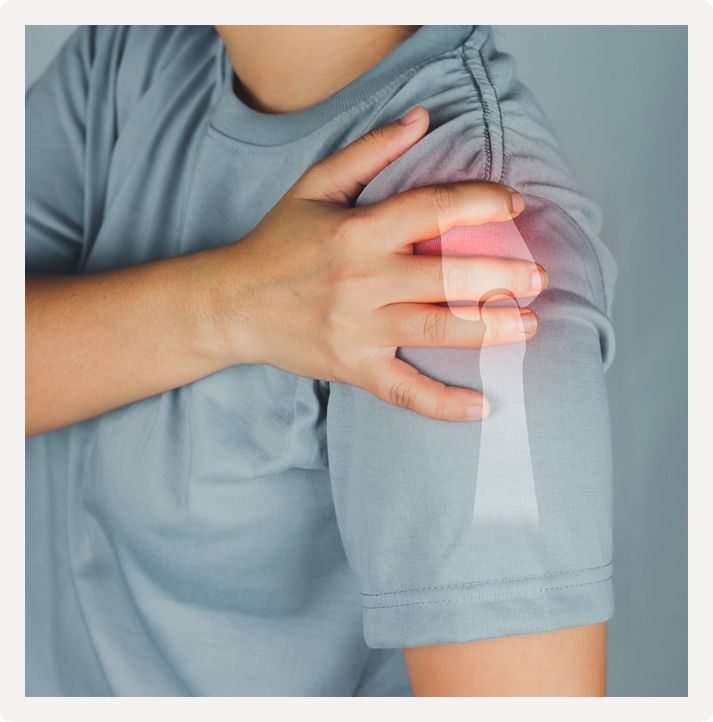







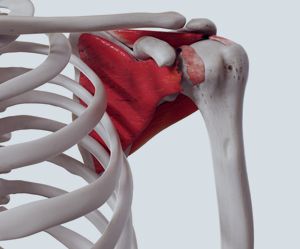
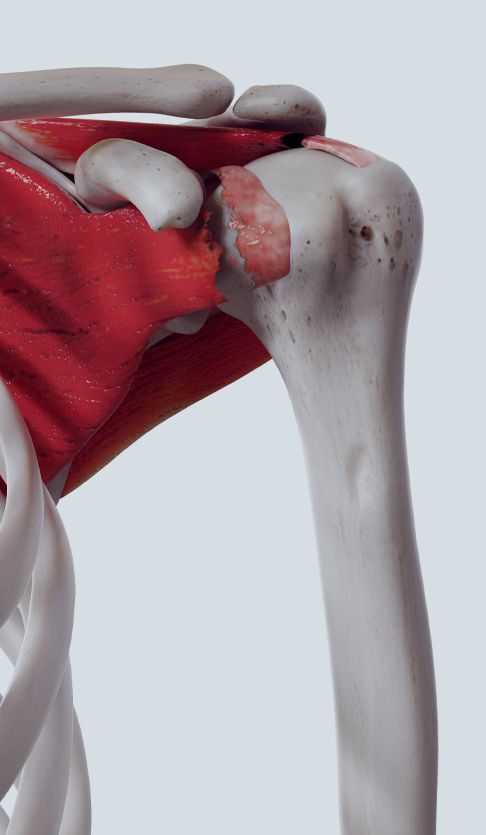
This refers to the partial or complete tearing of the tendons that form the rotator cuff, resulting in pain and limited shoulder function. They are usually caused by a combination of age-related degeneration and repetitive overhead movements or overuse.
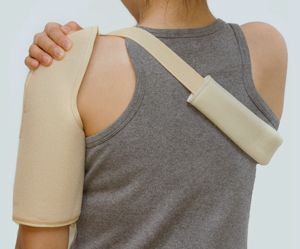
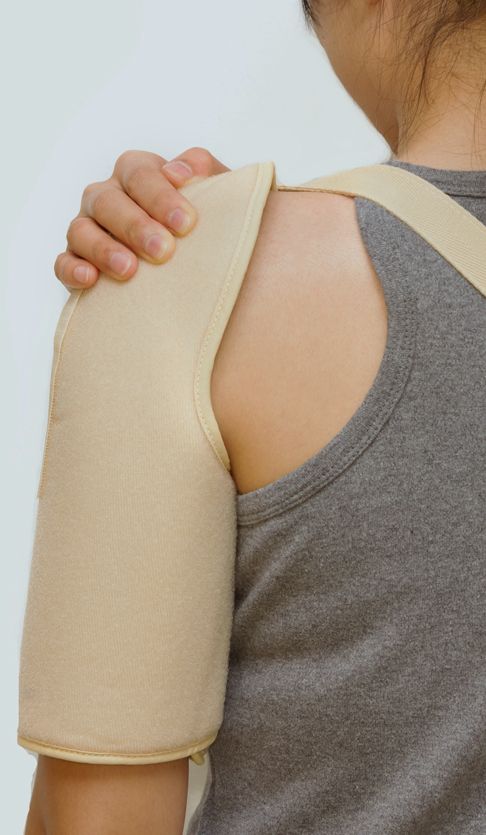
This refers to the compression of the tendons and bursa in the shoulder joint, causing pain and restricted movement, often worsened with repetitive overhead movements, bad posture and muscle imbalances.
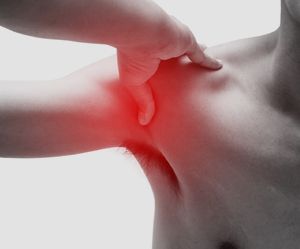
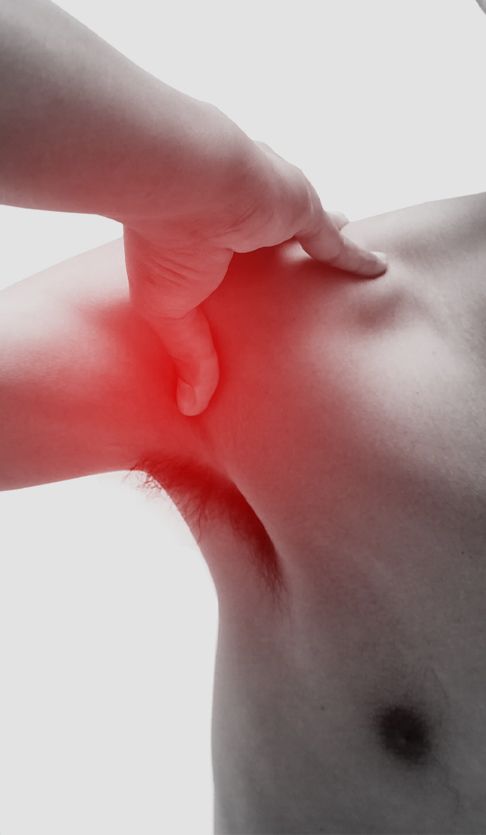
This refers to the displacement of the humerus bone from the shoulder socket, resulting in significant pain, instability, and a visible deformity. This is usually caused by a forceful impact or injury.
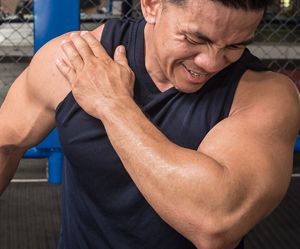
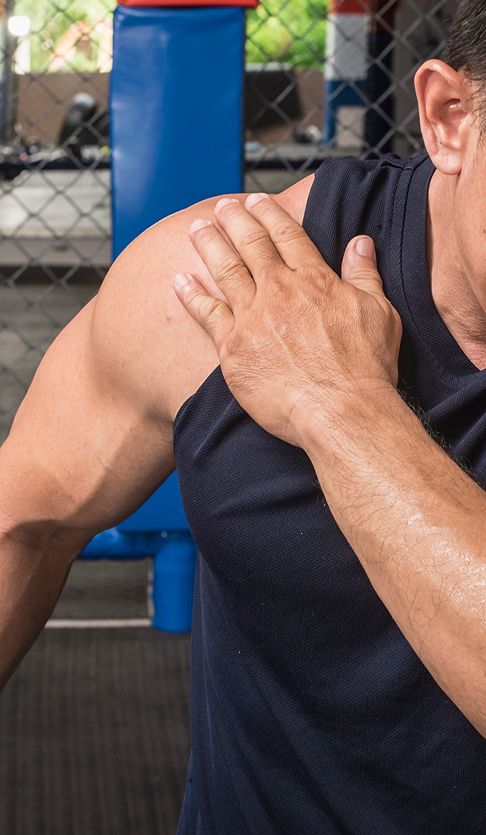
This refers to an injury to the ring of cartilage (labrum) that surrounds the shoulder socket, causing pain, instability, and a clicking sensation. This is usually caused by traumatic incidents, such as dislocation or repetitive movements of the shoulder.
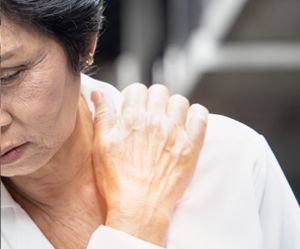
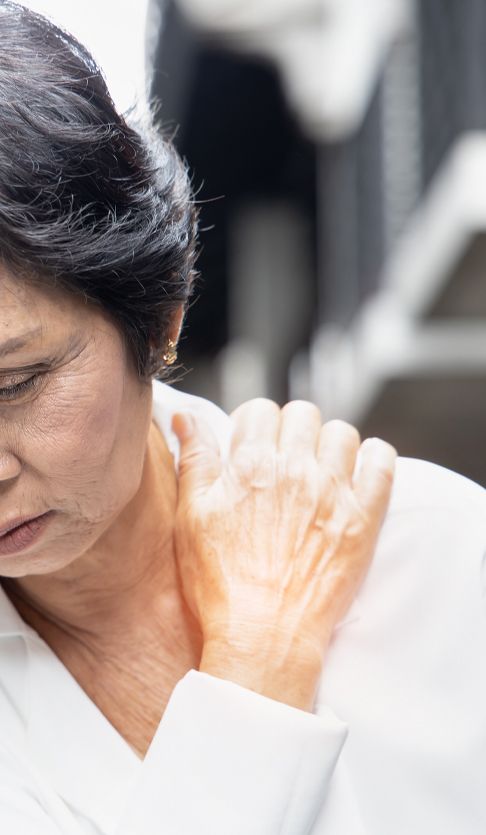
This refers to stiffness and a reduced range of motion in the shoulder due to inflammation and thickening of the joint capsule. The exact cause of frozen shoulder, however, is not yet fully understood.
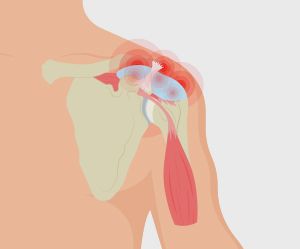
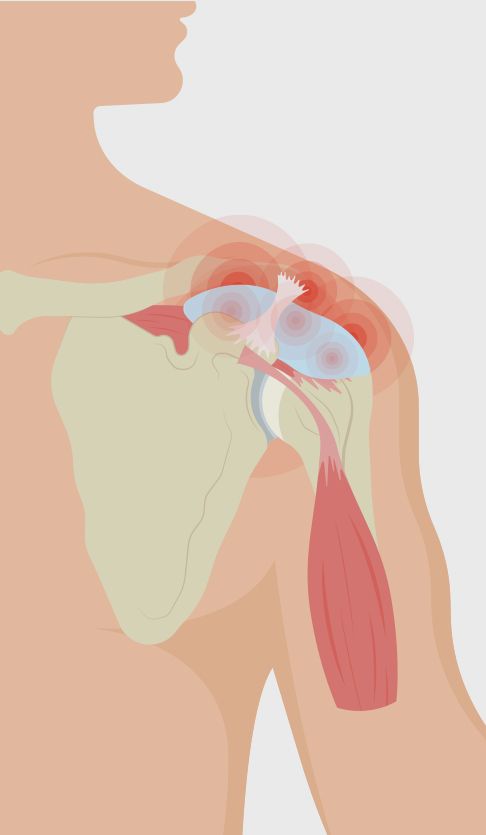
This refers to the inflammation of the bursa, which are fluid-filled sacs that cushion and reduce friction in the shoulder joint. This is usually caused by repetitive motions, overuse, trauma or arthritis of the shoulder joint.
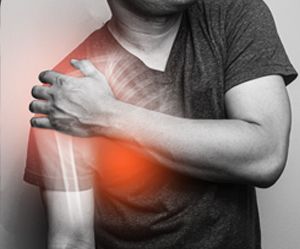
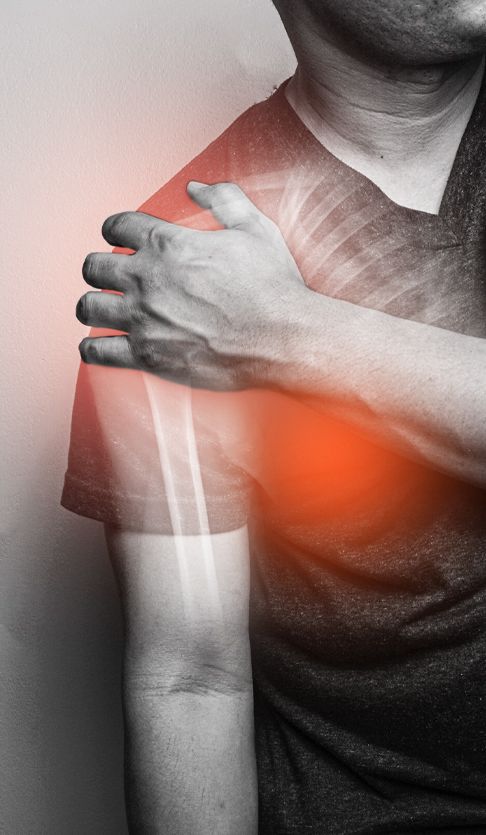
This is a degenerative joint condition where the cartilage in the shoulder joint wears away, resulting in pain, stiffness, and reduced mobility. The risk increases with age, having had previous shoulder injuries, overuse or repetitive shoulder motions and more.
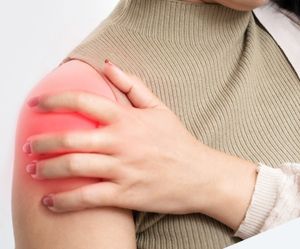
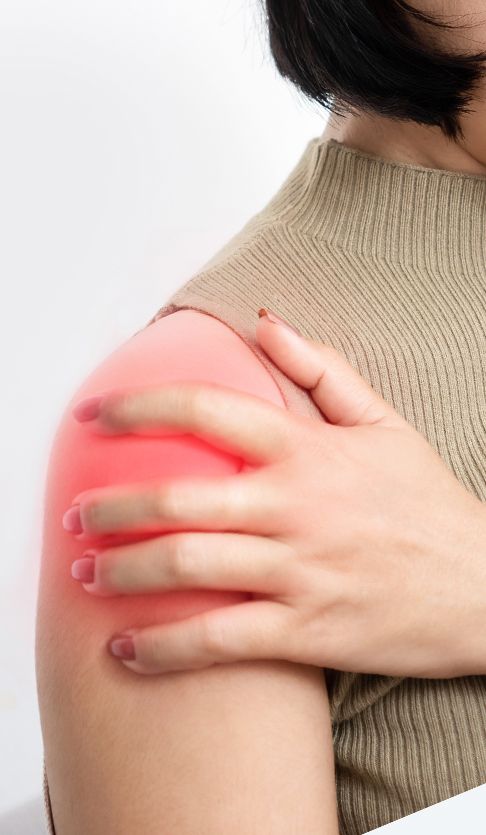
This refers to the inflammation of the tendons of the shoulder, resulting in pain, swelling, and difficulty with movement. This is usually caused by repetitive overuse or sudden and excessive strain on the tendons of the shoulder.
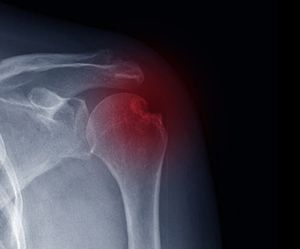
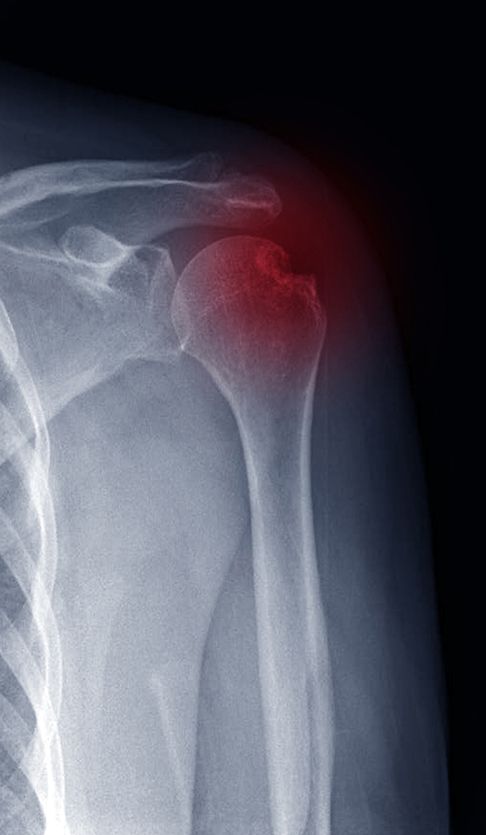
This refers to the break or crack in the bones in the shoulder, resulting in pain, swelling, and limited mobility. This is usually caused by direct trauma or high-impact injuries such as falls or collisions.
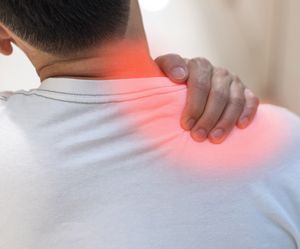
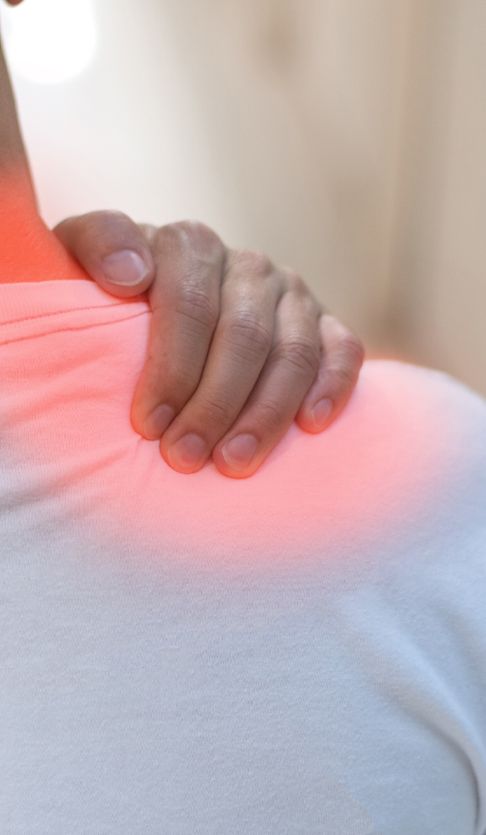
This is usually caused by recurrent dislocations of the shoulder joint, injury to the ligaments or labrum, or structural abnormalities of the shoulder; resulting in the shoulder feeling unstable and loose.